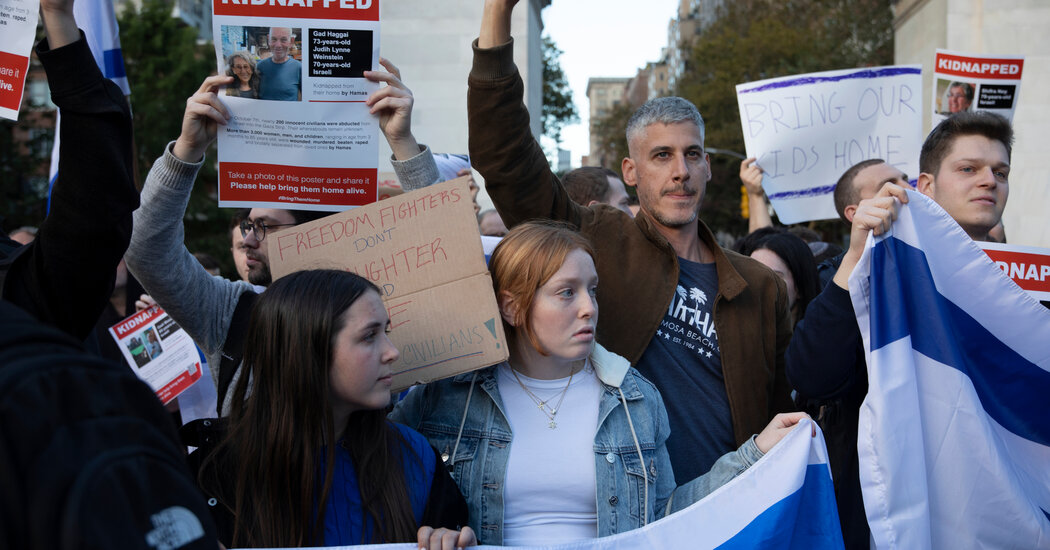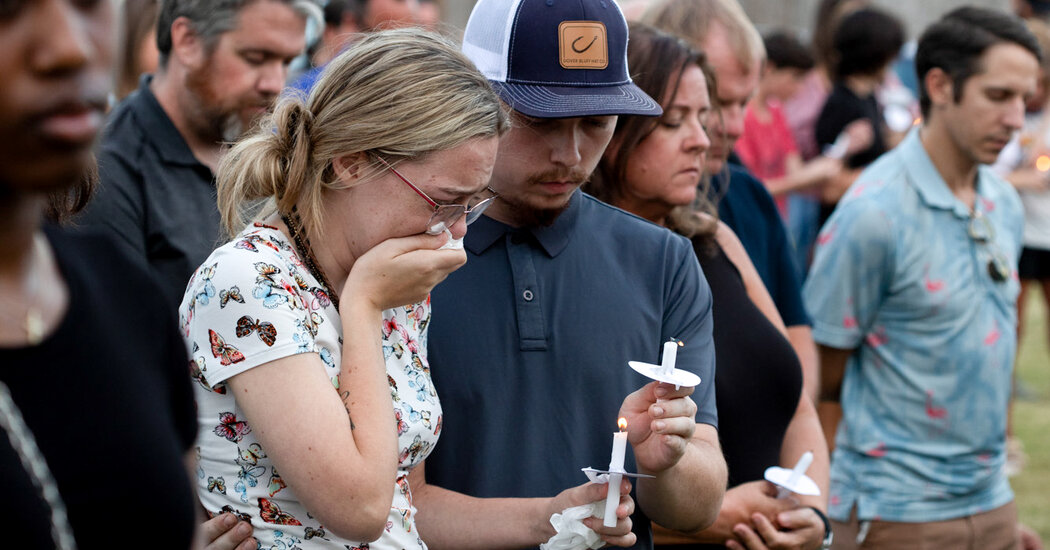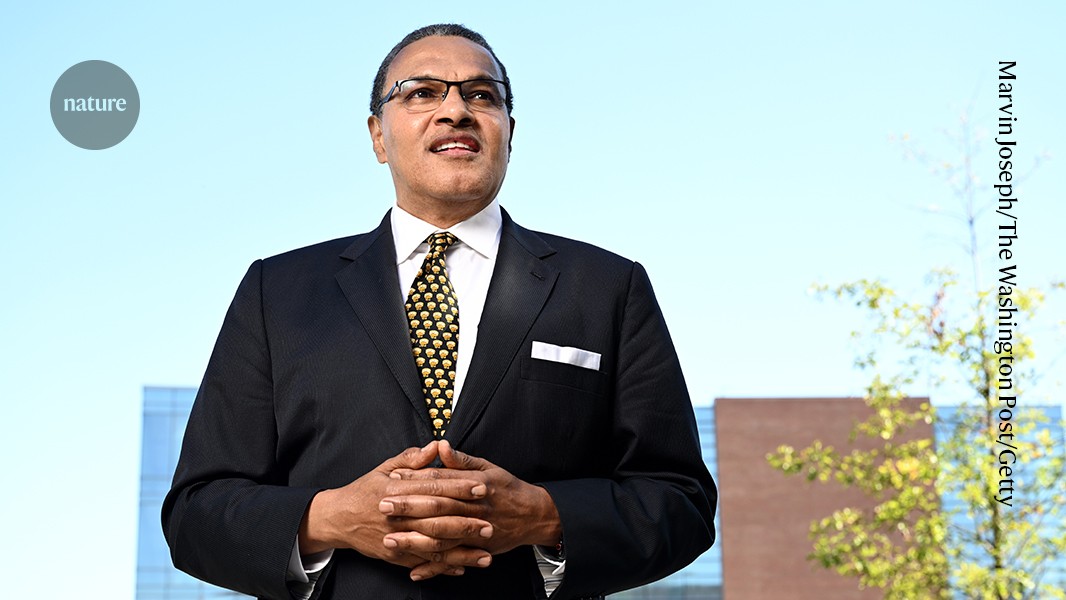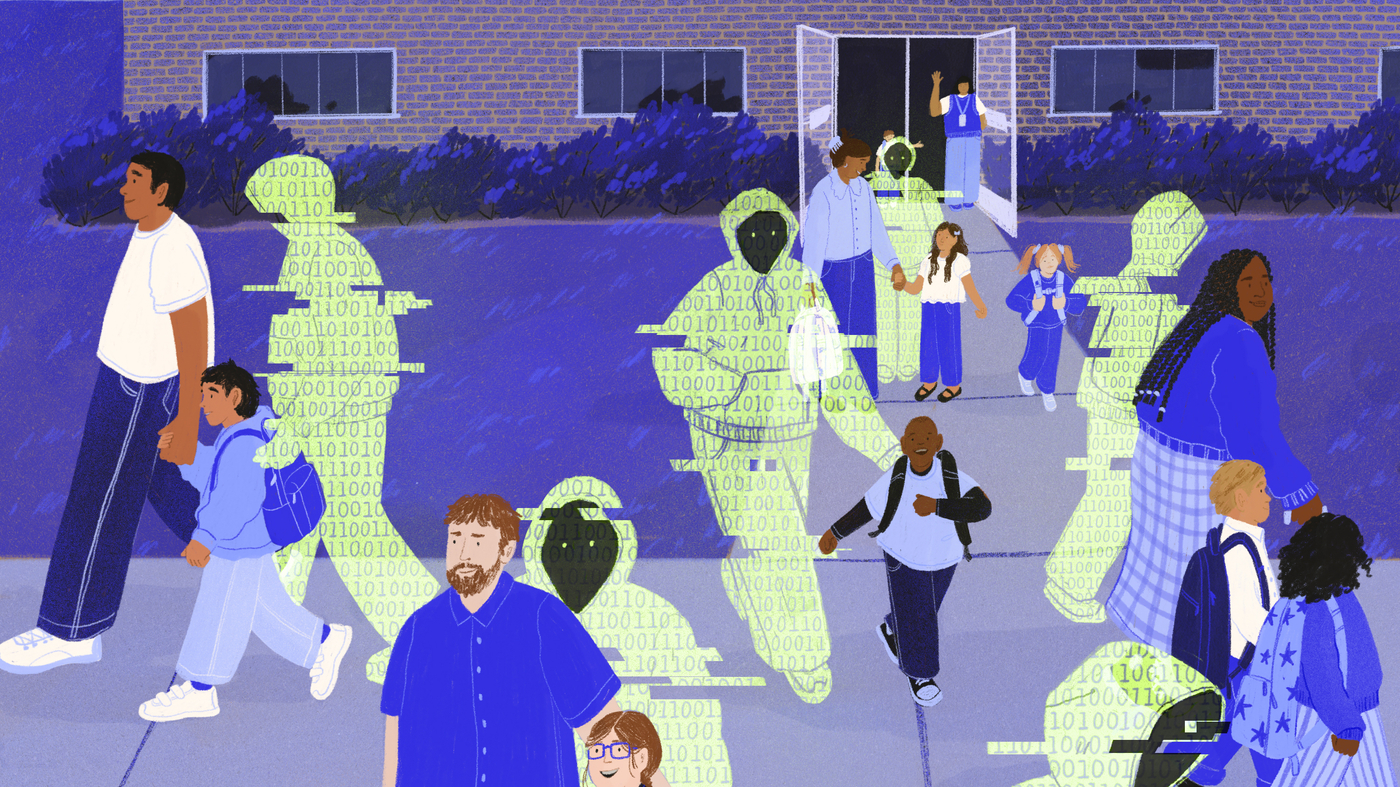The Ten Years of the Black Lives Matter Protest at the N.Y.U. University: When the Police Commissioner Abruptly Left the Campus
There was a different dynamic occurring against the backdrop of vastly different expectations. The two sides at the N.Y.U. university believed that the school wasn’t doing enough to support them. The day of the protest, an opinion piece in The Washington Square News, the campus newspaper, criticized the university for its “failure to acknowledge its Palestinian students and the pain they are shouldering.”
The university has stood as an adversary in almost all of the cases, through its morally compromised research or financial investments.
In Atlanta, a Jewish mother involved in local politics wrote an open letter lamenting that her child’s progressive private school had not addressed the attacks in Israel with the same kind of empathy it showed after local killings of Asian Americans. “Our people are butchered, and no one speaks to it?” She wrote. “I don’t know if I’m seething or just sad.”
Young people arriving at elite colleges with the idea that they will be heard and cared for, as well as having their own politics align with those at the institutions they have chosen to attend. They have been given little reason to think otherwise.
The letter from N.Y.U.’s president, in fact, made reference to some of these services, pointing out that the university’s division of student affairs had reached out “to all students from the affected areas with offers of support and help,” and that students had available to them “24/7” help “through the Wellness Exchange,” a counseling service. But in this especially challenging moment, that seemed not to be enough.
There was a mutual dislike towards the police abuses at the base of the Black Lives Matter movement by administrators and students at places like N.Y.U. Ten years ago, when the former New York City police commissioner, Ray Kelly, was invited to speak at Brown University, students objected. When the administration had him come anyway, protesters interrupted his talk so formidably that the event was shut down.
What Israel Wants in America: The Los Angeles Post, the New Israel Fund, and the Los Angeles, New York City Rabbi Sharon Brous, Learned from a Jewish Leader and Voter
Interviews with dozens of liberal Jewish leaders and voters, and a review of social media posts, private emails and text chains of liberal Jewish groups, reveal a politically engaged swath of American Jewry who are reaching a breaking point. They have opposed the occupation of the West Bank by Israel, supported a two-state solution, and protested the Netanyahu government.
In Los Angeles, Rabbi Sharon Brous, a well-known progressive activist who regularly criticizes the Israeli government, described from the pulpit her horror and feelings of “existential loneliness,” her voice breaking. The message from many in the world is that these Israeli victims deserved this terrible fate and those who claim to care the most about justice and human dignity are the ones who should care.
As the Hamas attacks continued in Israel, leaders of the New Israel Fund, which supports progressive Israeli and Palestinian groups, received calls from supporters in the US demanding that they label the country an “apartheid state” despite waiting to learn if colleagues in another organization were hiding in Israeli bomb.
Many of the most inflammatory comments came on social media, from progressive groups that responded to the immediate aftermath of the massacre of Israeli civilians by skipping even a moment of mourning and instead moving immediately to try to justify the attack.
There are chants of from the river to the sea that leave no room for Israel to exist in its own land.
Nick Melvoins, a member of the Los Angeles Unified School Board who is running for congress and keeps a framed, said that he was in a state of despair, because his generation had been warned how quickly people would turn on them. “Now we see, this is how that happens: When you dehumanize the group. This indoctrination that many of us have been warned about hit us like a ton of bricks.”
College campuses and social media have experienced the most rattling episodes where small organizations have made statements that have spread across the globe. During a worldwide conflict, those statements have become totemic and heightening fears that they are a sign of a more dangerous and lasting shift in the standing of Jews in America.
Eric Spiegelman, a lawyer and podcast producer in Los Angeles who has serves on municipal boards, was enraged by the protest in New York City promoted by the Democratic Socialists of America after the attack. He sent hundreds of letters to Los Angeles city officials urging them to denounce the organization and label it a “hate group.” The D.S.A. apologized for not making their values explicit after backing away from the protest.
Mr. Spiegelman said he belonged to a political organization that believes in affordable housing, raising the minimum wage, and the murder of Jews. Two out of three is pretty good.
“We need to remember that anyone dehumanizing Israelis rightly has zero representation in the United States government, while many federal officials have been dehumanizing Palestinians for decades,” Eva Borgwardt, the political director of IfNotNow, said in an interview.



